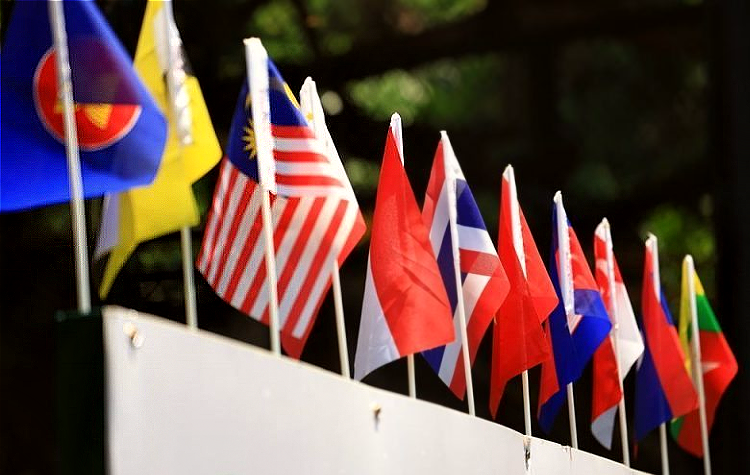The recent interface between FORUM-ASIA and the ASEAN Economic Community (AEC) in Jakarta has unveiled crucial concerns regarding the AEC’s economic integration progress from 2016 to 2025. FORUM-ASIA’s input, structured through a Q&A format, highlighted significant challenges in monitoring AEC’s progress due to inaccessible indicators and limited data transparency for Civil Society Organizations (CSOs). Instances such as Indonesia’s Job Creation Law and the Rempang Island factory project have deviated from the ASEAN Economic Community Blueprint 2025, raising worries about governance principles and stakeholder engagement being compromised in these developments.
The paper also highlighted the disconnect between economic growth and public welfare, emphasizing the negative impacts on marginalized communities due to development projects. Rising use of Strategic Lawsuits Against Public Participation (SLAPP) against activists and human rights defenders further impedes public involvement in holding accountable those responsible for irresponsible development practices. As ASEAN enters the post-2025 phase, it urgently requires a more inclusive economic growth strategy that addresses inequalities and aligns with human rights principles, emphasizing the need for transparent monitoring, inclusive policymaking, and safeguarding those advocating for responsible and equitable development practices.
Read the full input from FORUM-ASIA here



